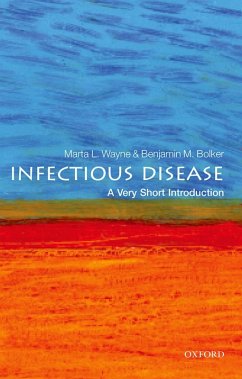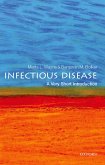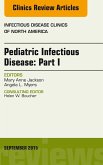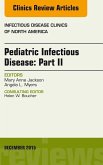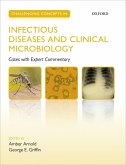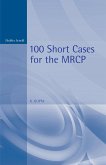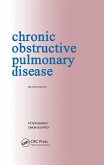As doctors and biologists have learned, to their dismay, infectious disease is a moving target: new diseases emerge every year, old diseases evolve into new forms, and ecological and socioeconomic upheavals change the transmission pathways by which disease spread. By taking an approach focused on the general evolutionary and ecological dynamics of disease, this Very Short Introduction provides a general conceptual framework for thinking about disease. Ecology and evolution provide the keys to answering the 'where', 'why', 'how', and 'what' questions about any particular infectious disease: where did it come from? How is it transmitted from one person to another, and why are some individuals more susceptible than others? What biochemical, ecological, and evolutionary strategies can be used to combat the disease? Is it more effective to block transmission at the population level, or to block infection at the individual level? Through a series of case studies, Benjamin Bolker and Marta L. Wayne introduce the major ideas of infectious disease in a clear and thoughtful way, emphasising the general principles of infection, the management of outbreaks, and the evolutionary and ecological approaches that are now central to much research about infectious disease. ABOUT THE SERIES: The Very Short Introductions series from Oxford University Press contains hundreds of titles in almost every subject area. These pocket-sized books are the perfect way to get ahead in a new subject quickly. Our expert authors combine facts, analysis, perspective, new ideas, and enthusiasm to make interesting and challenging topics highly readable.
Dieser Download kann aus rechtlichen Gründen nur mit Rechnungsadresse in A, B, BG, CY, CZ, D, DK, EW, E, FIN, F, GR, HR, H, IRL, I, LT, L, LR, M, NL, PL, P, R, S, SLO, SK ausgeliefert werden.

